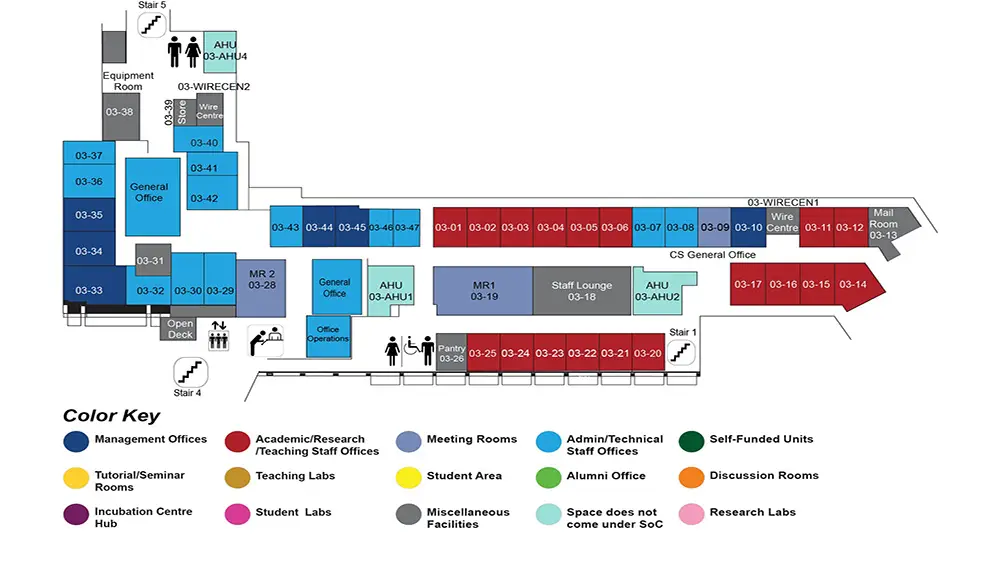Technology-enhanced music instrument learning for everyone
Universitat Pompeu Fabra
COM1 Level 3
MR1, COM1-03-19

Abstract:
Learning to play a musical instrument has been showed to provide several benefits for acquiring non-musical skills. However, there is a lack of generalised access to music education, and musical instrument learning is mostly based on the master-apprentice model in which the student's interaction and socialization is often restricted to short and punctual contact with the teacher followed by long periods of self-study resulting in high abandonment rates. In such scenario, modern technologies are rarely employed and almost never go beyond audio and video recording. Our research aims to study how we learn musical instruments from a pedagogical and scientific perspective in order to create new interactive, assistive, self-learning, augmented-feedback, and social-aware systems complementary to traditional teaching. The aim is to allow more people to have access to music education, including people with motor disabilities, and reduce abandonment rates among music students. In this seminar, I will take the opportunity to present some of the research carried out in our research lab on areas such as technology-enhanced music learning, expressive performance modelling, accessible music interfaces, as well as some applications to health and well-being.
Biodata:
Dr. Rafael Ramirez is a Tenured Associate Professor and Leader of the Music and Machine Learning Lab at the Department of Information and Communication Technologies, Universitat Pompeu Fabra, Barcelona. He obtained his BSc in Mathematics from the National Autonomous University of Mexico, and his MSc in Artificial Intelligence and PhD in Computer Science from the University of Bristol, UK. For five years, Rafael was a Lecturer in the Department of Computer Science at the School of Computing of the National University of Singapore. He is currently principal investigator in the H2020 Research and Innovation TELMI (Technology-Enhanced Learning of Music Instruments) project. His research interests include music technology, machine learning, data mining, and their application to cognition, creative processes, accessible and brain-computer Interfaces, and health and well-being. He has published more than 100 research articles in peer-reviewed international Journals and Conferences, and acted as guest-editor of several special issues focused on machine learning and music. He currently acts as chair and program committee member for several machine learning and music technology conferences.

